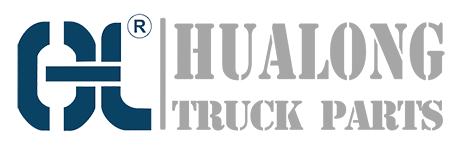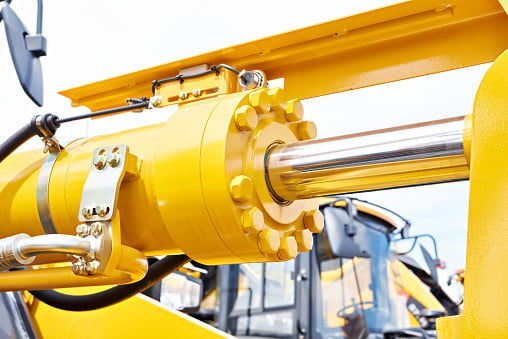The leading factor in hydraulic cylinder failure is hydraulic fluid pollution. Seal damage, component deterioration, and other serious harm can all result from contamination. Oil filters are the most effective way to remove dirt, particles, or other impurities from your hydraulic oil filtering system, so learning how and when to change them will save you time, money, and stress. This preventative measure will increase overall operations while extending the life of your cylinder quickly and affordably.
Guide to Oil Filter Replacement for Hydraulic Oil Filtration Systems
Establish a regular schedule for inspecting hydraulic filters.
An effective offense is the best defense. Establish a periodic preventative maintenance schedule that includes inspecting hydraulic oil filters to avoid costly shutdowns and costly downtime. Oil filters that are clogged or ignored can accumulate so much contaminants that they are worse than having no filter at all. You can maintain the best possible performance from your equipment while averting delays in your workflow by changing hydraulic filters on a regular basis.
BE AWARE OF THE WARNING SIGNIFICANCE THAT YOUR HYDRAULIC FILTER IS OBSTRUCTED
Even with routine maintenance or the use of a filter indication, filters might still load quickly and require replacement before your scheduled inspection. Keep an eye out for these indicators that your cylinder's hydraulic filter is clogged:
- power outage
- Lower hydraulic pressure
- reduced oil pressure
- lowering of engine speed
- strange or loud noises
ACCORDING TO PROPER PROCEDURE, REPLACE OIL FILTERS
A few straightforward procedures can be used to replace clogged hydraulic oil filters. Nevertheless, specific installation procedures could change based on your hydraulic filter type, hydraulic oil filtering system, and other elements. Always refer to the detailed documentation for your equipment before starting any maintenance procedures.
- To prevent spreading contamination, set up a tidy, organized work area and use fresh or clean cloths.
- Examine your replacement filter to make sure it is undamaged and free of cracks, dings, or other damage.
- Never use a dented filter, ever.
- Verify that your hydraulic cylinder is entirely depressurized and switched off.
- Remove the outdated or clogged hydraulic filter, then dispose of it properly by recycling or other means.
- Any cylinder surfaces that make contact with the filter should be cleaned.
- Threads, seals, or other essential components should be lubricated.
- Follow the installation instructions provided by the manufacturer when installing your new filter.
To find leaks, bleed your hydraulic system.
To learn more about replacing hydraulic filters, get in touch with Hualong
While changing clogged, worn-out, or damaged hydraulic oil filters might increase the longevity of your equipment, eventually you may need to replace your complete hydraulic cylinder or a portion of it. The company Yueqing Hualong Mechanical Accessories. We'll help you with anything, from picking out a new cylinder to figuring out which filter is appropriate for your machinery.

